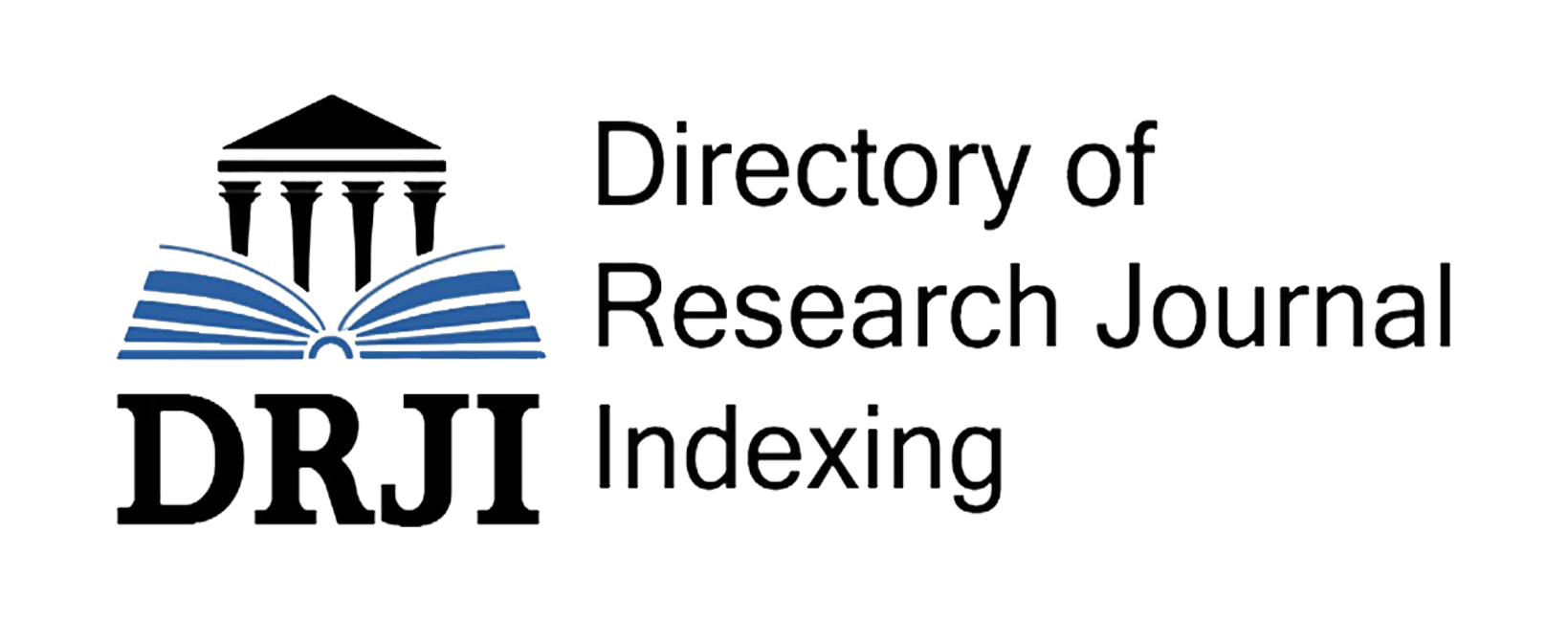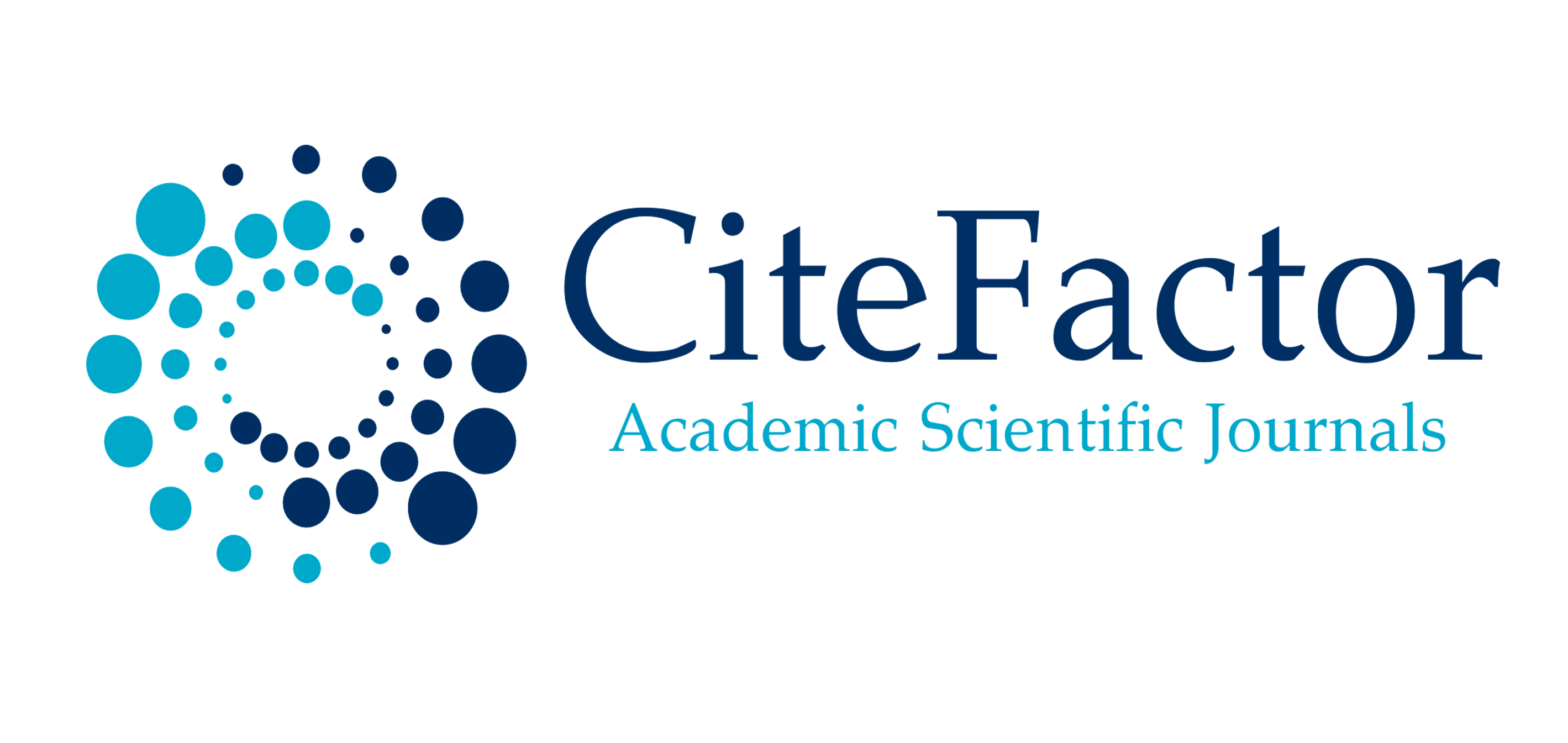CORPUS-BASED ACTIVITIES USE REAL LANGUAGE DATA TO ENGAGE STUDENTS IN ACTIVE VOCABULARY LEARNING, ANALYSIS, AND APPLICATION
Keywords:
lexical competence, corpus-based training, vocabulary acquisition, language awareness, authentic language data, customization, long-term retention, vocabulary use in context, collaborative learning, authentic assessment, transferable skills, research opportunities, lifelong vocabulary acquisition strategies, cultural insights, metalinguistic awareness, differentiated instruction, consolidation of vocabulary learning, 5th-6th grade studentsAbstract
This article explores the effectiveness of corpus-based training in enhancing the lexical competence of 5th-6th grade students. Corpus-based activities involve the use of authentic language data to engage students in active exploration, analysis, and application of vocabulary. The article discusses the benefits of corpus-based activities, including customization, language awareness, long-term retention, vocabulary use in context, collaborative learning, authentic assessment, transferable skills, research opportunities, and integration with language skills. It highlights the learner-centered approach and the development of lifelong vocabulary acquisition strategies. Additionally, the article emphasizes cultural insights, metalinguistic awareness, differentiated instruction, and the consolidation of vocabulary learning. The findings demonstrate the potential of corpus-based training to foster lexical competence and empower students as proficient language users.
References
Boulton, A., & Cobb, T. (2017). Corpus Use in Language Learning: A Meta-Analysis. Language Learning, 67(2), 348-393.
Chen, S. C., & Ge, G. F. (2018). The Effect of Corpus-Based Instruction on EFL Students' Vocabulary Learning. International Journal of Computer-Assisted Language Learning and Teaching, 8(4), 1-18.
Cobb, T. (2019). Corpus-Based Language Learning: A Framework for Pedagogical Research and Practice. Routledge.
Coxhead, A., & Nation, P. (2001). The Academic Word List. TESOL Quarterly, 34(2), 213-238.
Huang, Y. (2018). The Effects of Corpus Use on Vocabulary Learning: A Meta-Analysis. Language Teaching Research, 22(1), 23-43.
Nation, P. (2001). Learning Vocabulary in Another Language. Cambridge University Press.
Алимова, Ш. А., & Ниёзова, И. Н. (2021). Бизнес-коммуникации в системе управления промышленных структур. Academy,(1 (64)), 55-57.
Shamsiya, A. (2023). HR MANAGEMENT AND COACHING IN THE INNOVATIVE ECONOMY AS A METHOD OF BUSINESS MANAGEMENT. Modern Science and Research, 2(10), 712-717.
Abidovna, A. S. (2024). FORMATION AND DEVELOPMENT OF CAREER AS PERSONNEL TECHNOLOGY OF HUMAN RESOURCE MANAGEMENT. Gospodarka i Innowacje., (45), 327-332.
Abidovna, A. S. (2024). THE IMPACT OF E-ACCOUNTING IN MODERN BUSINESSES.
Abidovna, A. S. (2023). Priority directions of analysis of channels of promotion of the main activity of the enterprise and separate communication programs. Gospodarka i Innowacje., 42, 369-374.
Алимова, Ш. А., & Халимова, Д. Р. (2021). СОЦИАЛЬНО-ЭКОНОМИЧЕСКАЯ СУЩНОСТЬ СТРАТЕГИЙ ИНВЕСТИЦИОННОЙ ПОЛИТИКИ РЕСПУБЛИКИ УЗБЕКИСТАН. In Современные проблемы социально-экономических систем в условиях глобализации (pp. 340-344).
Abidovna, A. S. (2023). MONTE CARLO MODELING AND ITS PECULIARITIES IN THE IMPLEMENTATION OF MARKETING ANALYSIS IN THE ACTIVITIES OF THE ENTERPRISE. Gospodarka i Innowacje., 42, 375-380.
Abidovna, A. S. (2024). THE ROLE OF INFORMATION TECHNOLOGY IN THE PERSONNEL MANAGEMENT SYSTEM.
Alimova, S. A., & Khaitov, V. S. (2022). ON THE WAY OF TOURISM DEVELOPMENT IN UZBEKISTAN APPLICATION OF ELECTRONIC MARKETING STRATEGIES OPPORTUNITIES. PEDAGOGICAL SCIENCES AND TEACHING METHODS, 303.
Alimova, S. (2023). THE CONCEPT AND TASKS OF A MODERN MANAGEMENT SYSTEM ENTERPRISE PERSONNEL. Modern Science and Research, 2(12), 1085-1090.
Abidovna, A. S. (2023). MODERN TRENDS IN MANAGEMENT STRATEGIES AND THEIR APPLICATION IN COMMERCIAL BANKS. Gospodarka i Innowacje., 41, 326-332.
Alimova, S. A., & Nutfullaevna, K. M. (2022). STATE MANAGEMENT OF FOREIGN ECONOMIC ACTIVITY OF ENTERPRISES. Galaxy International Interdisciplinary Research Journal, 10(10), 75-80.
Alimova, S. A., & Shavkatovich, P. S. (2022). THE ROLE OF FOREIGN INVESTMENT IN ENSURING THE FINANCIAL SUSTAINABILITY OF THE ECONOMY. Galaxy International Interdisciplinary Research Journal, 10(3), 359-364.
Abidovna, A. S. (2023). Special directions of tourism development in Bukhara region: problems and solutions. Zien Journal of Social Sciences and Humanities, 21, 51-55.
Abidovna, A. S. (2024). “PERSONNEL MANAGEMENT” AND “HUMAN RESOURCE MANAGEMENT”: HISTORY OF ORIGIN, ESSENCE AND RELATIONSHIP OF CONCEPTS. Gospodarka i Innowacje., 46, 336-343.
Alimova, S. O. FEATURES OF THE STRATEGIC MANAGEMENT SYSTEM OF INDUSTRIAL ENTERPRISES.
Alimova, S. (2024). THE ROLE OF INFORMATION TECHNOLOGY IN THE PERSONNEL MANAGEMENT SYSTEM. Modern Science and Research, 3(2), 385-390.









